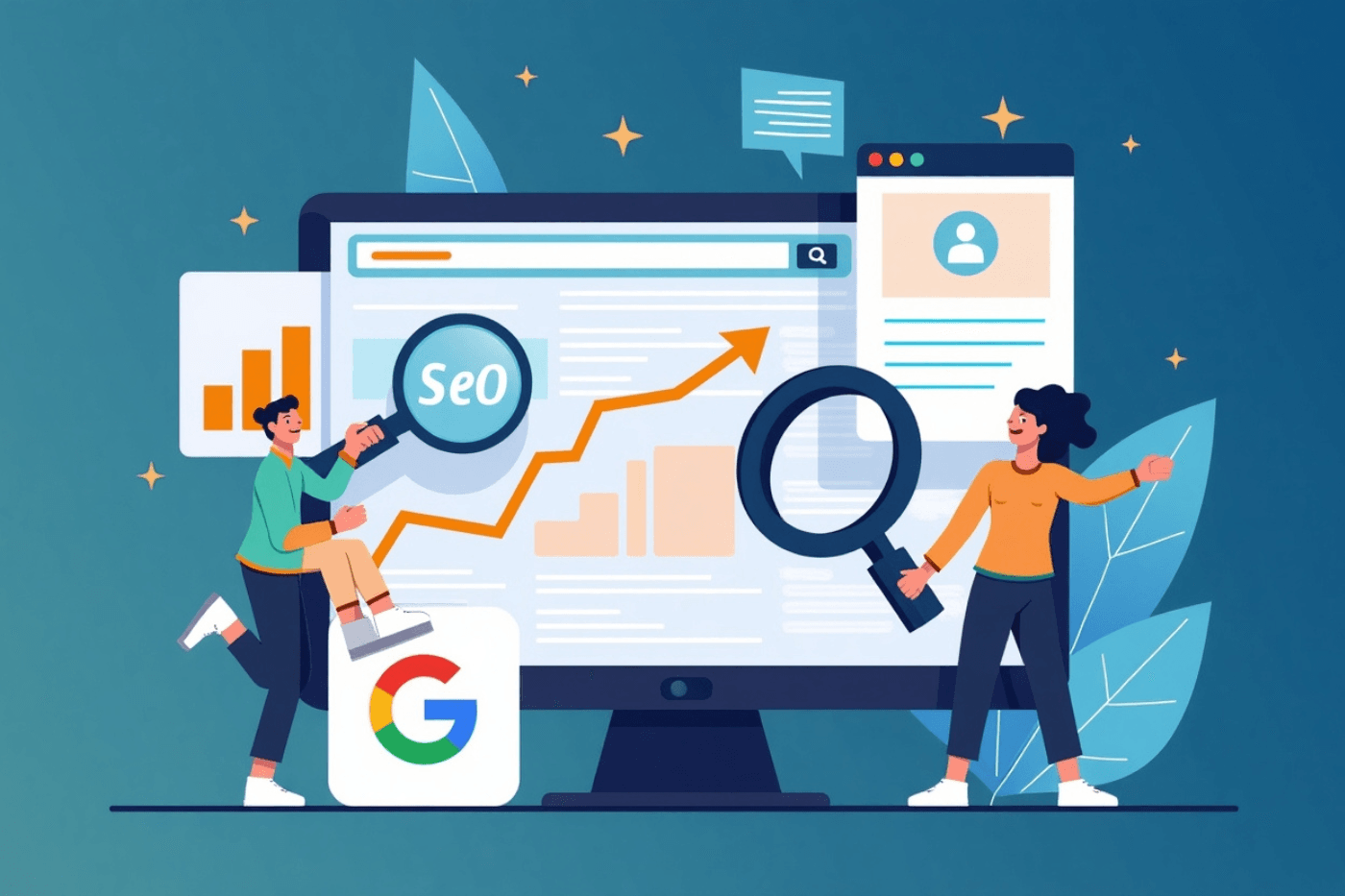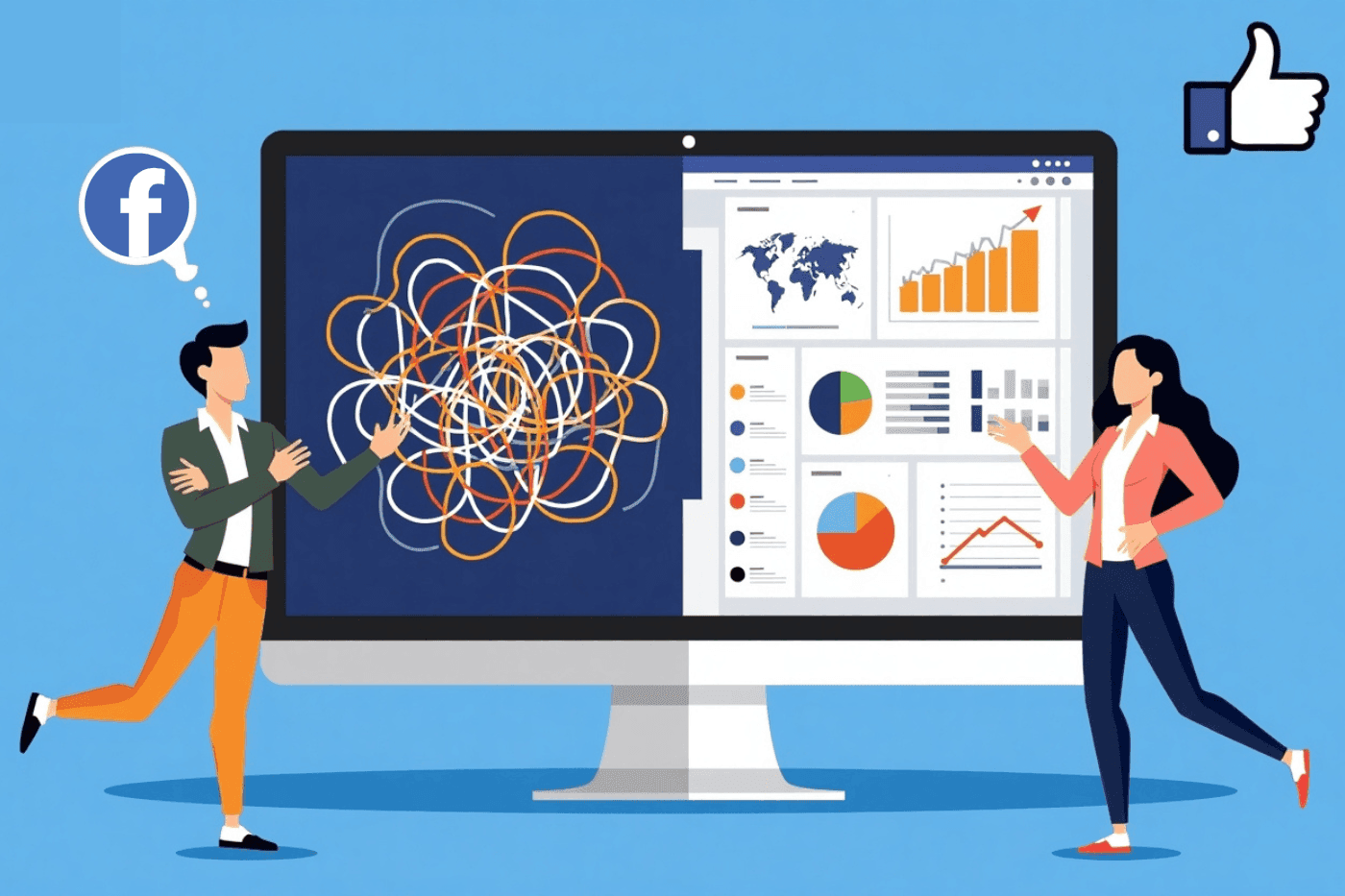
Introduction to Digital Marketing: A Comprehensive Beginner’s Guide
December 27, 2024
Introduction to Digital Marketing
In today’s hyper-connected world, businesses, big or small, are leveraging the internet to reach their audiences. But how do they do it effectively? Enter the world of digital marketing. This concept is more than just a buzzword; it is a revolutionary way to connect, engage, and convert potential customers into loyal advocates.
This guide is designed to provide an introduction to digital marketing for beginners. Whether you’re a small business owner, an aspiring marketer, or someone curious about this ever-evolving field, you’ll gain valuable insights into the strategies, channels, and tools that make digital marketing an indispensable asset in the modern era.
What is Digital Marketing?
Digital marketing, also known as online marketing or internet marketing, is the use of online platforms to promote products, services, or ideas. Unlike traditional marketing methods such as print ads and billboards, digital marketing focuses on reaching audiences where they spend the majority of their time – on digital devices.
From search engines like Google to social media platforms like Instagram, digital marketing covers a wide spectrum of activities aimed at increasing brand visibility, generating leads, and boosting sales.
Why is Digital Marketing Important?
The importance of digital marketing cannot be overstated in today’s business landscape. Here’s why:
Global Reach:
Traditional marketing methods are limited by geography. With digital marketing, your reach extends to a global audience at a fraction of the cost.Cost-Effective:
Whether it’s pay-per-click advertising or email marketing, digital marketing campaigns are often more affordable than traditional advertising methods.Measurable Results:
One of the greatest advantages of digital marketing is the ability to measure performance in real-time. Tools like Google Analytics allow you to track website traffic, conversion rates, and user behavior.Personalization:
Digital marketing enables personalized interactions with customers, enhancing user experience and loyalty.Higher Engagement:
Interactive elements such as polls, quizzes, and live videos on social media keep audiences engaged and interested in your brand.
Key Components of Digital Marketing
Understanding the key components of digital marketing concepts is crucial for building successful campaigns.
1. Search Engine Optimization (SEO):
SEO focuses on improving a website’s visibility on search engine results pages (SERPs). This includes optimizing content, using relevant keywords, and building quality backlinks. For instance, using phrases like “Introduction to Digital Marketing” strategically in your content can boost your ranking for this keyword.
2. Content Marketing:
High-quality, valuable content lies at the heart of digital marketing. Blogs, videos, eBooks, and infographics are examples of content used to attract and engage audiences.
3. Social Media Marketing (SMM):
Platforms like Facebook, Instagram, LinkedIn, and Twitter are invaluable tools for connecting with your audience. Social media marketing involves creating and sharing content, running ads, and engaging with followers.
4. Email Marketing:
Email remains a powerful channel for nurturing leads and maintaining customer relationships. With personalized campaigns, businesses can deliver targeted messages directly to their audience’s inboxes.
5. Pay-Per-Click (PPC) Advertising:
This paid advertising model drives traffic to your website. You only pay when someone clicks on your ad, making it cost-efficient and measurable. Google Ads is a prime example of a PPC platform.
6. Affiliate Marketing:
Businesses partner with affiliates who promote their products or services in exchange for a commission. This is a win-win strategy for both parties.
7. Influencer Marketing:
Collaborating with influencers who have a strong following can boost brand awareness and credibility.
Digital Marketing Channels
The foundation of a successful digital advertising campaign lies in choosing the right channels. Here are some popular options:
- Search Engines: Google and Bing remain vital platforms for reaching audiences through SEO and PPC.
- Social Media: Platforms like Instagram and LinkedIn help you build a community and showcase your brand personality.
- Email: Use email campaigns to nurture leads and keep customers informed about updates and offers.
- Websites: Your website serves as the digital storefront of your business. Ensure it’s optimized for user experience and search engines.
Basics of Online Marketing: Starting Small
For beginners, understanding the basics of online marketing can feel overwhelming. However, by breaking it down into manageable steps, you can build a strong foundation:
Define Your Goals:
What do you hope to achieve with digital marketing? Whether it’s brand awareness, lead generation, or sales, clarity is essential.Identify Your Target Audience:
Knowing your audience’s preferences, demographics, and online habits will help tailor your campaigns effectively.Leverage Free Tools:
Use platforms like Canva for graphic design, Google Analytics for performance tracking, and HubSpot for CRM.Experiment and Learn:
Digital marketing thrives on experimentation. Test different strategies, analyze the results, and optimize accordingly.
Key Strategies for Beginners
Focus on Analytics:
Tools like Google Analytics provide insights into user behavior, traffic sources, and conversions. Use these insights to refine your strategies.Optimize for Mobile:
With more users accessing the internet via smartphones, ensuring your campaigns are mobile-friendly is critical.Engage on Social Media:
Post consistently and interact with your audience. Responding to comments and messages builds trust and credibility.Stay Updated on Trends:
The digital marketing landscape evolves rapidly. Stay informed about new platforms, tools, and trends to remain competitive.
Advanced Techniques for Understanding Digital Marketing Channels
Once you’re comfortable with the basics, explore advanced strategies to gain a deeper understanding of digital marketing techniques:
- Retargeting Ads: Reach users who have interacted with your website but haven’t converted.
- Conversion Rate Optimization (CRO): Optimize landing pages and CTAs to increase conversions.
- Voice Search Optimization: As smart devices gain popularity, optimizing for voice search can improve your visibility.
Measuring Success
To gauge the effectiveness of your campaigns, track key metrics such as:
- Website Traffic: Measure the number of visitors and their sources.
- Conversion Rates: Determine the percentage of users taking desired actions.
- Engagement Rates: Assess likes, shares, comments, and clicks on social media posts.
- Return on Investment (ROI): Compare the revenue generated to the cost of your campaigns.
Conclusion
The introduction to digital marketing is your gateway to navigating the vast digital landscape. From SEO to content marketing, each component plays a pivotal role in achieving online success.
Remember, digital marketing is not a one-size-fits-all approach. It requires understanding your audience, experimenting with strategies, and staying adaptable.
By mastering these fundamentals, you’re not just marketing – you’re building relationships, solving problems, and creating value for your audience.
Start small, stay consistent, and watch your efforts yield significant results in the digital world.
- There are two types of people who will tell you that you cannot make a difference in this world: those who are afraid to try and those who are afraid you will succeed.
Share It
Previous Post
Recent Posts
Categories

Your trusted partner in achieving digital marketing success through innovative strategies and personalized solutions.



